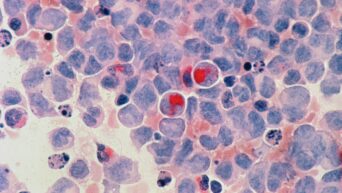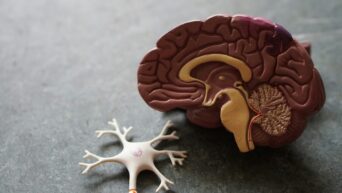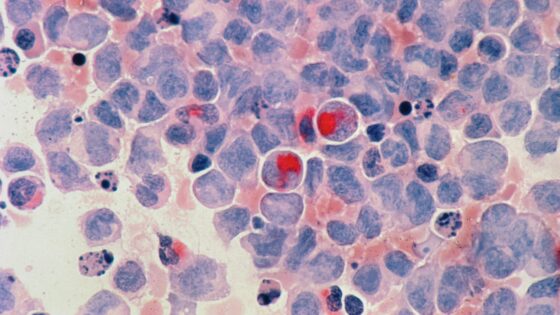
Credit: Unsplash
What I wouldn’t give for a stink-proof nose.
When I was a kid, my mom would occasionally cook a particular meal containing an especially smelly species of fish. I don’t even know what kind of fish it was; the smell was so pungent, I couldn’t get close enough to ask her. I guess the fact that I found that smell so off-putting proves that I’m statistically average, at least in terms of my olfactory capabilities. According to a study, however, there are a rare few people in the world that cannot smell stinky fish at all. Lucky ducks.
A team of Icelandic researchers led by Dr. Kári Stefánsson identified a mysterious genetic mutation present in a very small subset of people: the complete inability to recognize the smell of stinky fish. An oddly specific trait, but an interesting one nonetheless. For their study, the researchers observed 11,000 Icelanders as they were blindfolded and asked to take a whiff of “Sniffin’ Sticks,” pens that have been treated to mimic particular smells including cinnamon, banana, and of course, fish. The subjects were then asked to attempt to ID the smell, as well as rate how pleasant they found it.
98% of the subjects, when presented with the fishy stick, were easily able to identify it as such, and were, expectedly, grossed out. However, about 2%, when asked to identify the smell, gave out completely different answers, with responses ranging from potatoes to fresh roses, all smells they found perfectly pleasant. By the researchers’ reckoning, this strange mutation is a result of damage to a particular gene strand named TAAR5. TAAR5’s proteins are designed to recognize a particular chemical named trimethylamine, which is present in stinky fish, human sweat, and other generally unpleasant sources. If your TAAR5 is busted, you simply can’t parse those odors.
Some researchers have theorized that one’s diet could influence the presence of a busted TAAR5 strand. Iceland is a predominantly fish-eating country, so it could be that some people have simply changed to adapt to the smell. The frequency of damaged TAAR5 strands is far less frequent in other countries, though more research is needed for a concrete statistic.
Dr. Stefánsson joked that he wished he had the mutation himself, as it would’ve made his numerous childhood cod liver oil servings much more pleasant. “I told my mother, ‘I’m not going to have another spoon unless you do it yourself,’” he said. “I never took cod liver oil again.”































